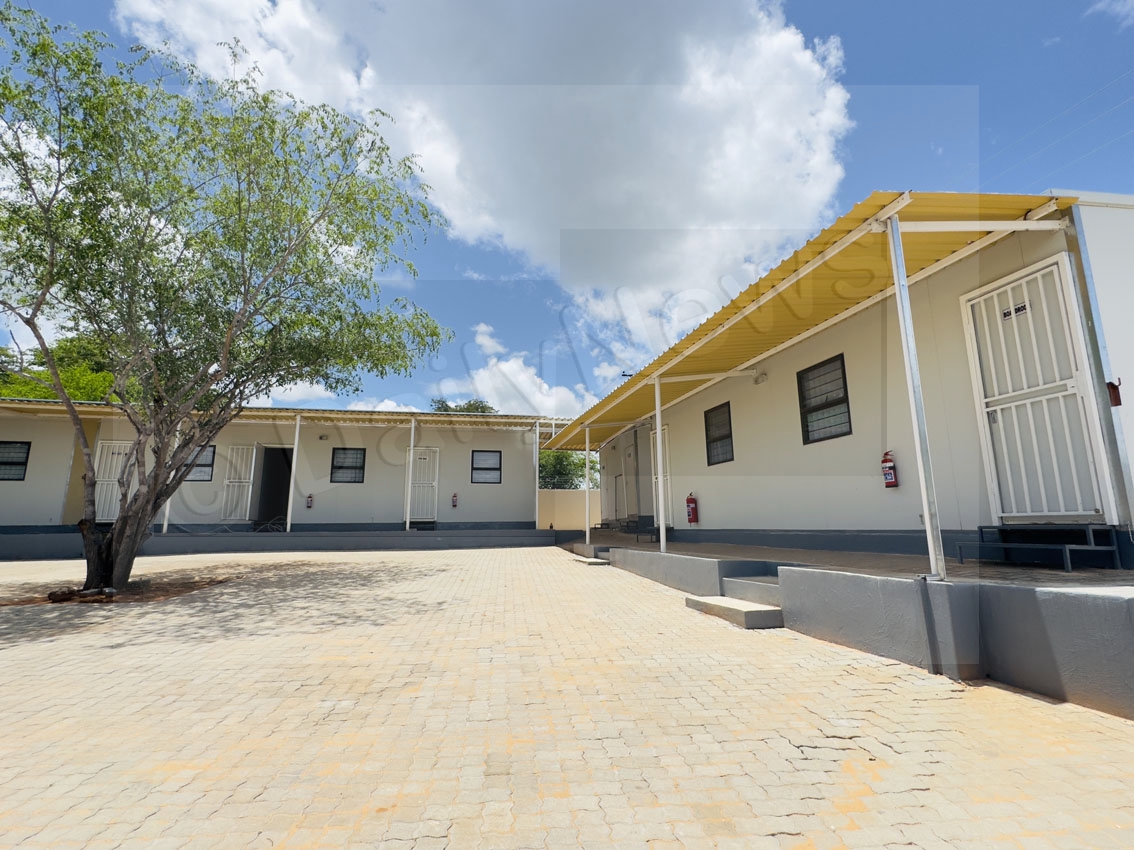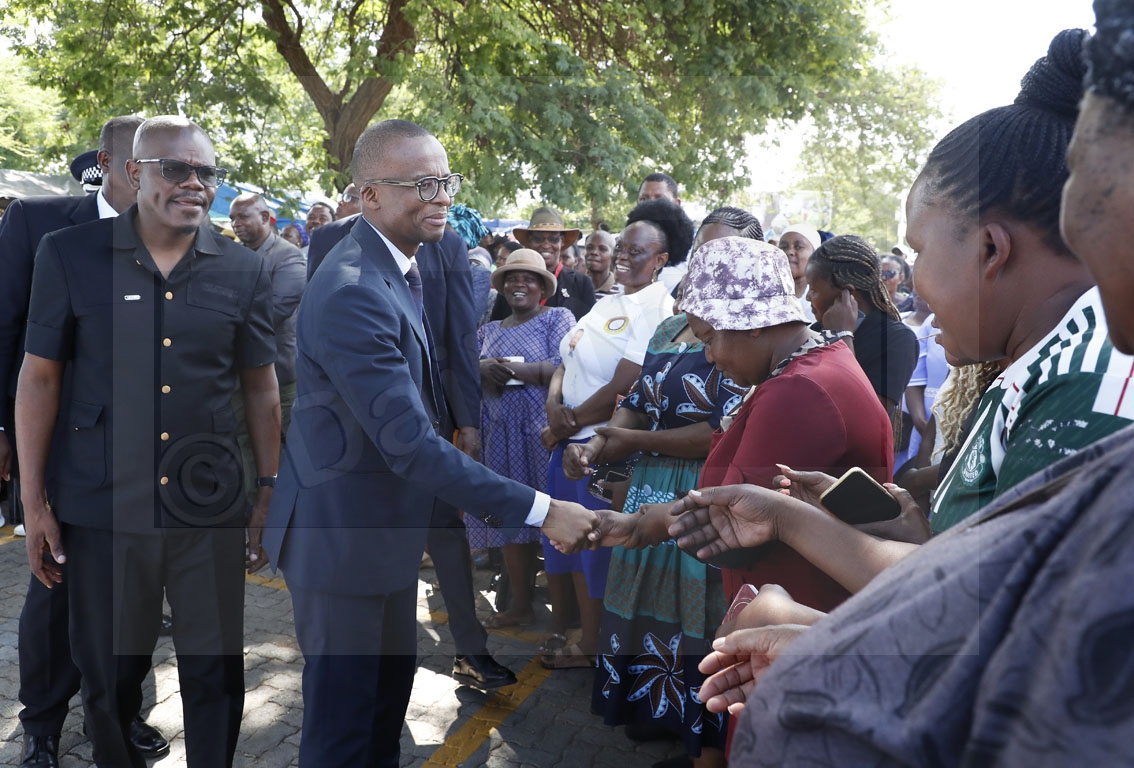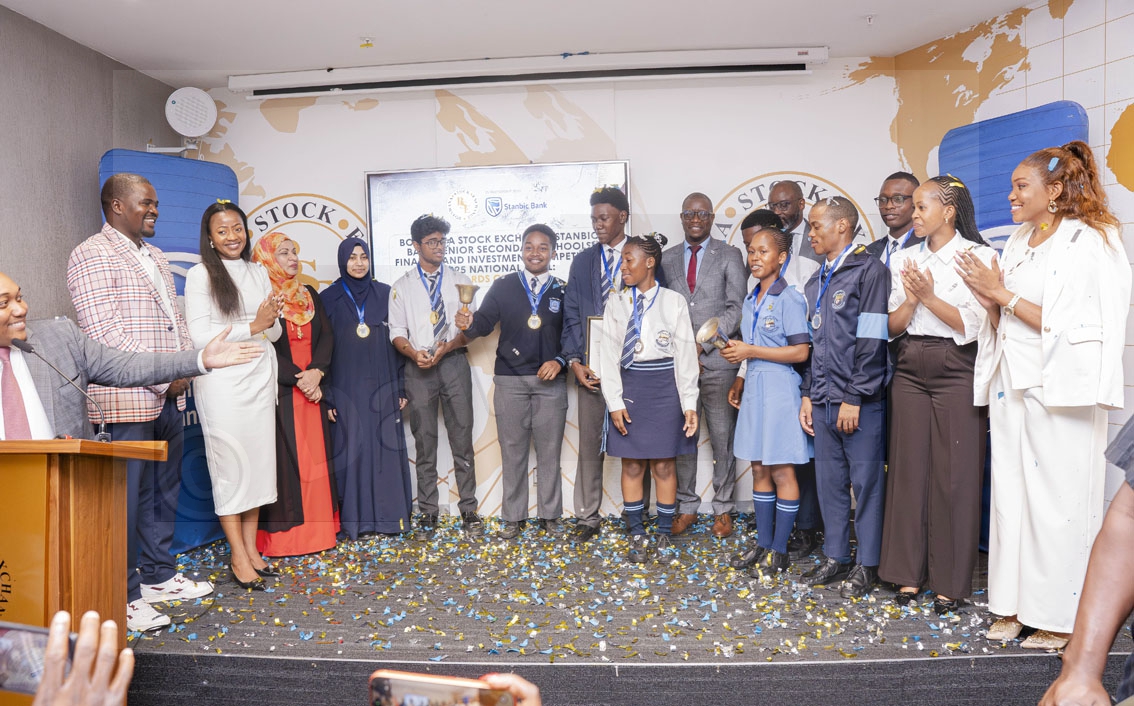Youth commercialises monkey orange
31 Jan 2024
Growing up in a disadvantaged household can sometimes make some children want to give up in life.
The strong-willed, however, choose to work hard to turn their situations around.
Lucus Haikera, who hails from a small village of Mohembo in the Okavango District, is one such.
The 39-year-old did not let his family’s economic hardship make him think a life of poverty was his fate.
Instead, he thought of creative ways to break the circle.
He was raised by a single mother together with his nine siblings as his father died while the young Lucus was in Standard Two. The family survived through subsistence pastoral and arable farming, as well as gathering wild fruits.
From the age of six, Mr Haikera – who is the last born – used to accompany his elder brothers to fetch wild fruits such as monkey oranges, commonly known as mogorogorwane in Setswana, and mokhutshomo to sell at the Mohembo ferry point to people crossing to the other side of the Okavango River for the family to put food on the table.
“I also used to visit my grandparents, sit around fire and listen to some tales about the importance of wild fruits, particularly monkey orange. They told me that the fruit was good for fever treatment and other ailments and also a source of nutrition as it is rich in Vitamin C. I also learnt that for a long time, people in my area had harvested the fruit as a means of earning revenue to support their families,” said Mr Haikera.
The monkey orange plant is widespread, especially in the northern part of Botswana and it produces green hard-shelled fruit, turning yellowish when it ripens.
Traditionally, the plant is well-known for its medical properties and many people in rural areas had found a niche in its sale.
Mr Haikera attested that the fruit had large economic potential as its sale enabled him and his family to survive.
He even managed to complete his studies.
Selling of monkey orange, he said, had become a blessing to him as he managed to cater for the needs of his family and improve the livelihoods of the local community, adding that for years, he bought the fruits from communities in areas such as Shaikarawe, Gani and Mohembo in the Okavango District and sold it to locals, travellers and school children in Maun during weekends.
After completing his secondary and tertiary education in Maun, Mr Haikera said he discovered a breakthrough from the sale of monkey orange in 2022 as he applied innovative thinking and tried something else out of the fruit to diversify product and beat his competitors.
Currently, he produces home-made juice, yogurt and milkshake from the fruit and sells his products in the streets of Maun and shopping complexes.
He packages the product in disposable cups, which sell at P10.
With the rising competition across all facets of human endeavours, Mr Haikera is of the view that small and upcoming entrepreneurs need innovation to remain relevant, hence ‘I exploited other opportunities to produce milkshake and yogurt, which are currently selling like hot cakes’.
“Innovation has the potential to open doors to various opportunities,” he added.
He mixed fresh milk with monkey orange to produce milkshake and yoghurt, which he gave freely to some few customers at the Maun bus rank to taste.
The vast majority liked the mixture and he started increasing production as some people placed orders.
He enjoys support from rural people as they supply him with mogorogorwane packed in 50kg sacks to sustain his business and keep up with the current market demands.
Since the business is doing exceptionally well in the market, he has engaged one youth to assist in the production and marketing of the products.
Mr Haikera satisfactorily points out that with the profits, he managed to buy a car to help him collect the fruit and market his stock.
“I have also managed to fend for my own children with the profits,” he added.
Currently, he is planning to approach National Food Technology Research Centre to be assisted in issues of safety, testing of products and advice on nutritional value because his aim is to fully commercialise monkey orange as it is one of the abundant, but under exploited plants that have economic potential.
He wants to do product branding and hit the shelves of big supermarkets before the end of this year, noting that he also wanted to spread wings and sell in areas such as Gaborone, Palapye Ghanzi and Francistown. BOPA
Source : BOPA
Author : Esther Mmolai
Location : Maun
Event : Interview
Date : 31 Jan 2024






